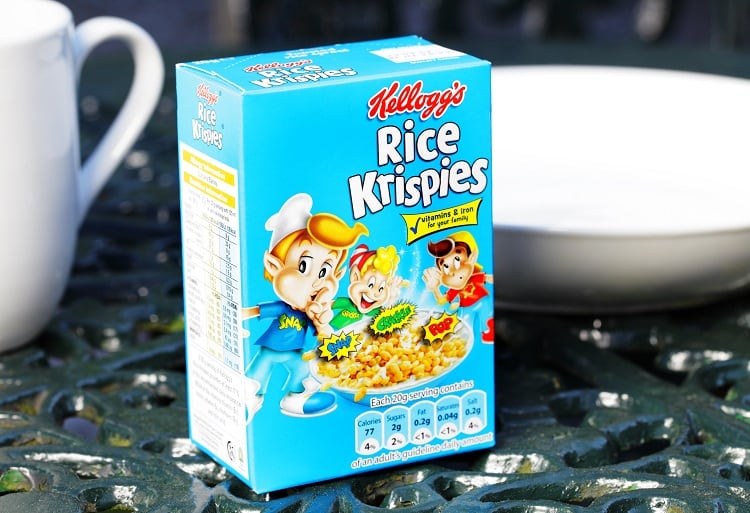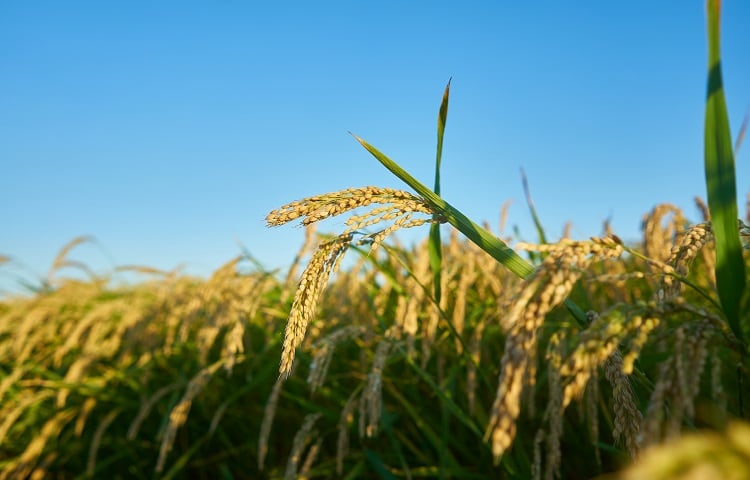The commitments are part of the company’s new Wellbeing Manifesto, which centres around human and planetary health.
“Society rightly demands more from companies like ours, and everyone expects quality food to contribute equally to the good of all. We share these expectations,” said CEO of Kellogg France Olivier Kac.
“But the impact of our products is far greater than what fits in that cereal box: the way we grow our raw materials, the impact we have on the planet.”
Recipe renovation
The revamp will see The Kellogg Company cut at least 10% sugars and 20% salt from cereals intended for children across Europe and the UK.
As Kellogg doesn’t use ‘anything artificial’ in its product formulations, a company spokesperson explained the renovation will rely on recipe changes. “How much sugar we can remove depends on the nature of the cooking process and where in that process the sugar is added,” we were told.
“We will work with our innovation team to use technology and design processes to remove sugar without impacting the great taste people expect from Kellogg’s cereals.
“The process is trial and error, and we will typically test a number of new approaches before we finalise any new recipes.”
At the same time, Kellogg has pledged to boost the fibre content in its breakfast cereal recipes, so that most of its offerings be either fibre-rich or high in fibre.
“Fibre can be increased by adding more grains or whole grains. Many of our recipes are already a source of fibre, and we will continue to change and evolve many of our recipes and processes to increase the amount of fibre in our cereals,” the spokesperson told FoodNavigator.

In the UK, Kellogg will reduce the salt content in Special K to make it non-HFSS by 2022. Corn Flakes, Coco Pops, and Rice Krispies are already considered as such. Kellogg also plans to reduce the sugar content in Krave, a cereal marketed to young adults, by 11%.
In Europe, reformulation efforts will see all Kellogg children’s cereals achieve a Nutri-Score A or B.
Less packaging, fewer emissions
Under the Wellbeing Manifesto, Kellogg has also taken steps to reduce carbon emissions by cutting product packaging and promoting the reduction of food waste.
Specifically, the cereals and snacks major has developed a new type of smaller cereal box with less air space and packaging.
“We are taking air out of the bags to reduce the packaging,” the spokesperson told this publication.
“Our packaging technical team worked on our manufacturing lines to find efficiencies and improvements for our processes. The result was that they reduced spare volume inside cartons and were able to increase the pack fill. Therefore we have less packaging, but the same weight of food.”
The innovation will see close to 191 tonnes of cardboard and plastic saved per year. Combined with transport efficiencies, the company estimates a carbon emission reduction of 10%.
In the UK, new boxes of cereals such as Special K and Bran Flakes will roll off production lines in Manchester and North Wales this year.
In France, these new packages will be available this summer on certain Special K and Frosties SKUs. They will also be available across Belgium, Spain, and Italy.
Combatting food waste
France is also the first location for The Kellogg Company to join the Too Good To Go movement.
Initiated by Danish food waste start-up Too Good To Go – a platform that connects businesses that have surplus food with consumers looking to ‘rescue’ these meals – the movement aims to reduce food waste in schools, businesses, and in the home.
As part of Kellogg’s collaboration with Too Good To Go, the Special K-to-Coco Pops maker is helping educate consumers about the meaning of ‘best before’ on food packaging.

When it comes to food labelling, 53% of Europeans don’t know the difference between ‘best before’ and ‘use by’, according to Too Good To Go. Yet the two date markings have very different meanings: the expiry date means that a consumer could call ‘seriously ill’ from eating the item if the date is exceeded. Conversely, ‘best before’ is only an indicative date marking.
From autumn onwards, Kellogg’s Trésor brand in France will carry a message around the ‘best before end date’ and Too Good To Go on some products. Kellogg will encourage consumers to ‘observe, smell, and taste’ if a product is past its best before end date.




